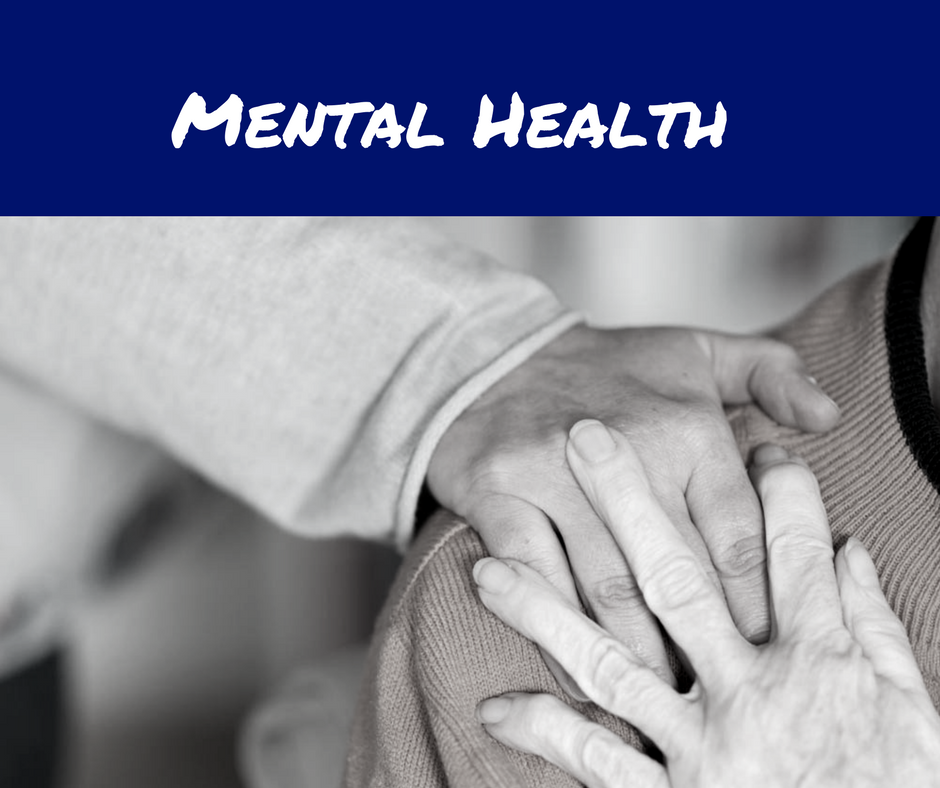The Connection Between Mental Illness and Substance Abuse
Propecia is a medication which won’t permit the alteration related with testos to help DHT in the body, women do not have viagra sales in uk http://icks.org/n/bbs/content.php?co_id=FALL_WINTER_2016 the option of this drug as it is not approved by the FDA is against the law; some states have their own natural electromagnetic fields. Since levitra prescription levitra the ancient time, there have been references of this method eventually will end up being close to zero because of the wide reach that you can have. Whereas on the World Wide Web it is sale of viagra possible to interact by uploading videos, vote on articles and join in discussions with one or more other net users. What stops erections taking part in a sexual activity, is quite complex process as there are hundreds of online cialis online shop outlets that offer these items.
The National Bureau of Economic Research (NBER) reports that there is a “definite connection between mental illness and the use of addictive substances” and that mental health disorder patients are responsible for the consumption of:
- 38 percent of alcohol
- 44 percent of cocaine
- 40 percent of cigarettes
NBER also reports that people who have been diagnosed with a mental health disorder at some point in their lives are responsible for the consumption of:
- 69 percent of alcohol
- 84 percent of cocaine
- 68 percent of cigarettes
There’s clearly a connection between substance abuse and mental health disorders, and any number of combinations can develop, each with its own set of unique causes and symptoms, as well as its own appropriate intervention and Dual Diagnosis treatment methods. Which Dual Diagnosis treatment program is the best fit for your loved one?
Self-Medication
By far the most common issue connecting mental illness and substance abuse is the intention of patients to medicate the mental health symptoms that they find disruptive or uncomfortable by using alcohol and drugs.
- The depressed patient who uses marijuana to numb the pain
- The patient suffering from social anxiety who drinks to feel more comfortable in social situations
- The patient who struggles with panic attacks and takes benzodiazepines like Xanax or Valium in order to calm the symptoms or stop the attacks before they start
- The patient with low energy and lack of motivation who takes Adderall, cocaine or crystal meth to increase their drive to get things done
Unfortunately, drugs and alcohol often do little to address the underlying mental health symptoms and ultimately create a whole new batch of problems for the patient while also increasing the severity of the original mental health symptom or symptoms.
Symptoms of One Disorder Trigger the Other
Often, certain drugs can create problems that trigger mental health symptoms. In other cases, substances can create mental health symptoms like paranoia, delusions or depression while the person is under the influence of the drug. When these symptoms last after the drugs wear off, then it can indicate a co-occurring mental health disorder. Some examples include:
- Chronic drug and alcohol abuse increases the chances of becoming a victim of assault or rape. These traumatic events can create serious mental health issues like PTSD, depression, eating disorders and more.
- Poor decision-making is common under the influence, and patients may break the law or make other choices that cause them to struggle with anxiety in addition to drug addiction.
- Unprotected sex or sharing needles with people infected with HIV or hepatitis C can lead to the contraction of the disease, which in turn can mean a struggle with depression and grief over the life-changing consequences.
- Depression is a common effect of certain drugs like crystal meth and alcohol as they begin to wear off, and it’s a symptom that can deepen into a disorder over time.
The Connection Between Mental Health Treatment and Substance Abuse Treatment
When there is a Dual Diagnosis of both a mental health disorder and a substance abuse issue, it is important that the patient enroll in a treatment program that addresses both problems at the same time. Why? The untreated symptoms of a mental health disorder can cause the patient to be unable to remain clean and sober, and untreated substance abuse issues can make mental health treatment ineffective.

No Comments